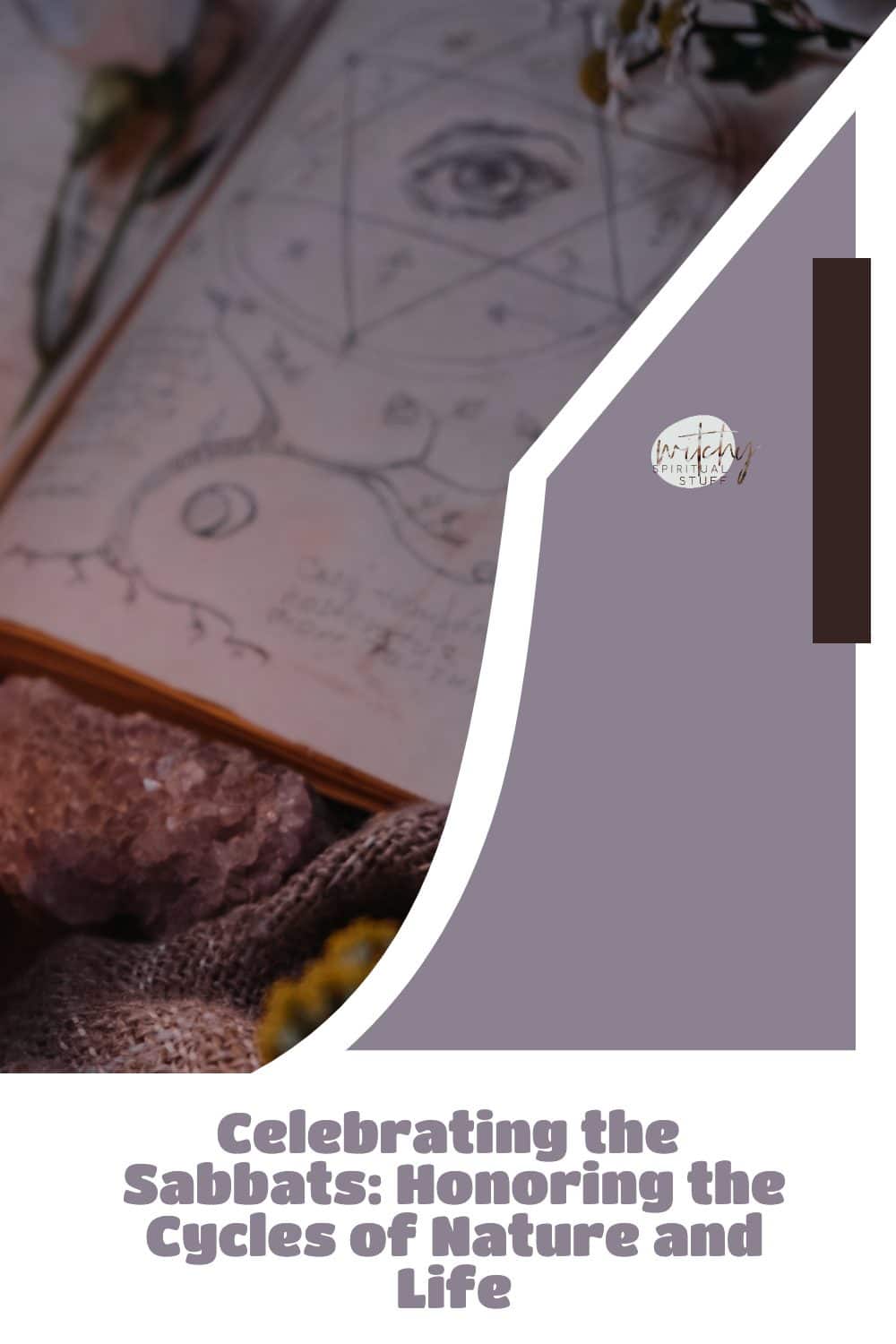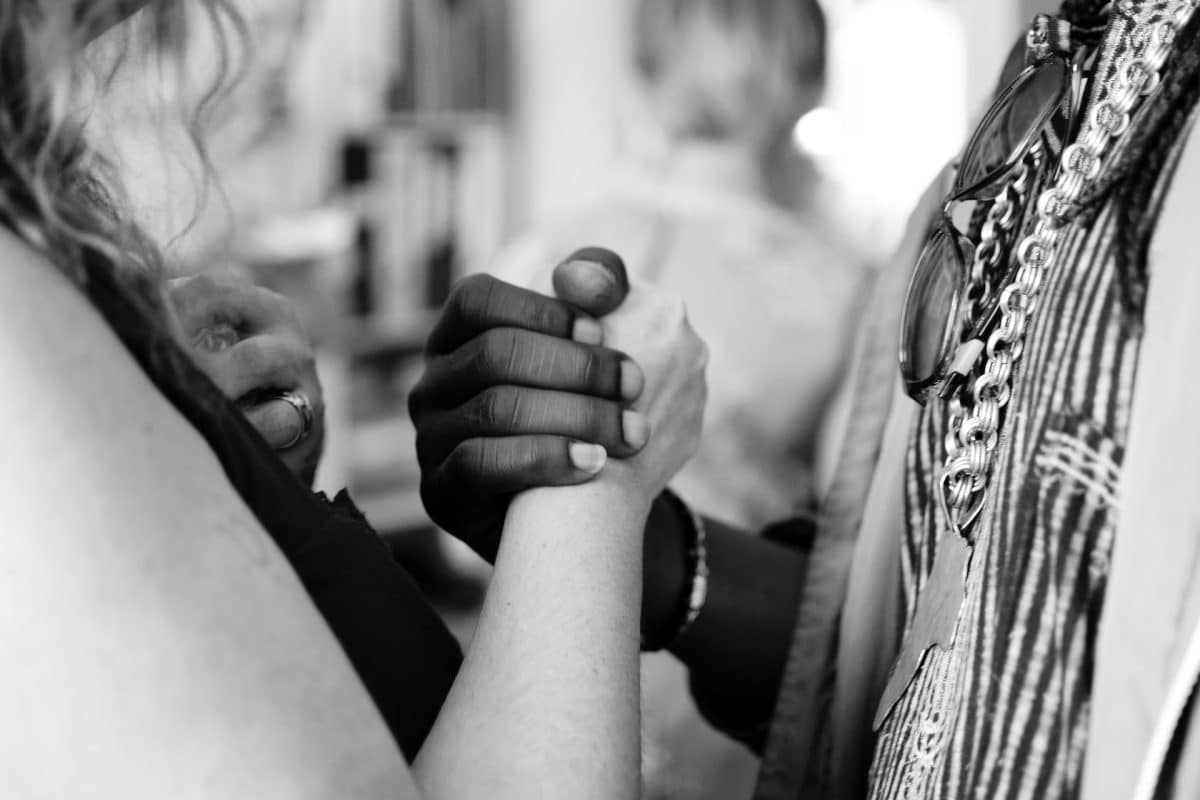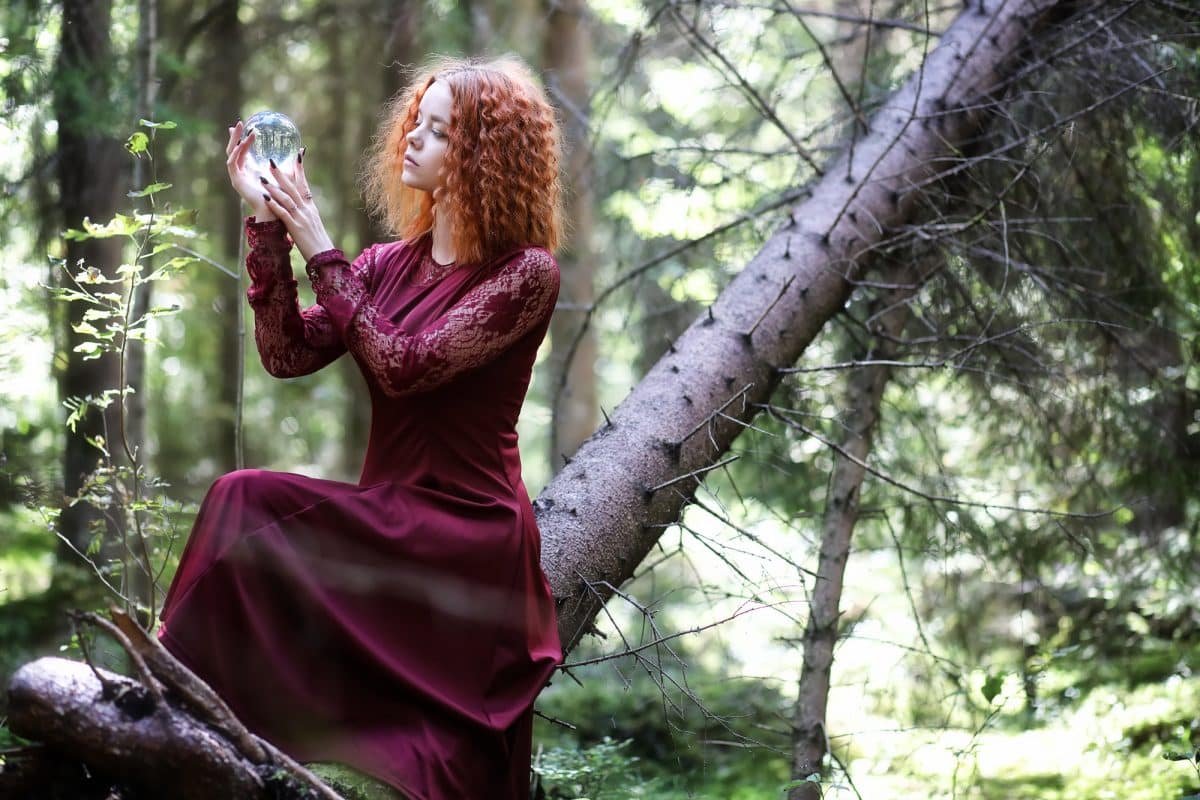Is Baby Laughter During Their Sleep More? Does It Have a Spiritual Meaning?
Have you ever heard a baby laughing in their sleep and wondered what it could mean?
Is it just a random occurrence, or is there a deeper spiritual significance behind it? As it turns out, there are a few different explanations for this phenomenon.
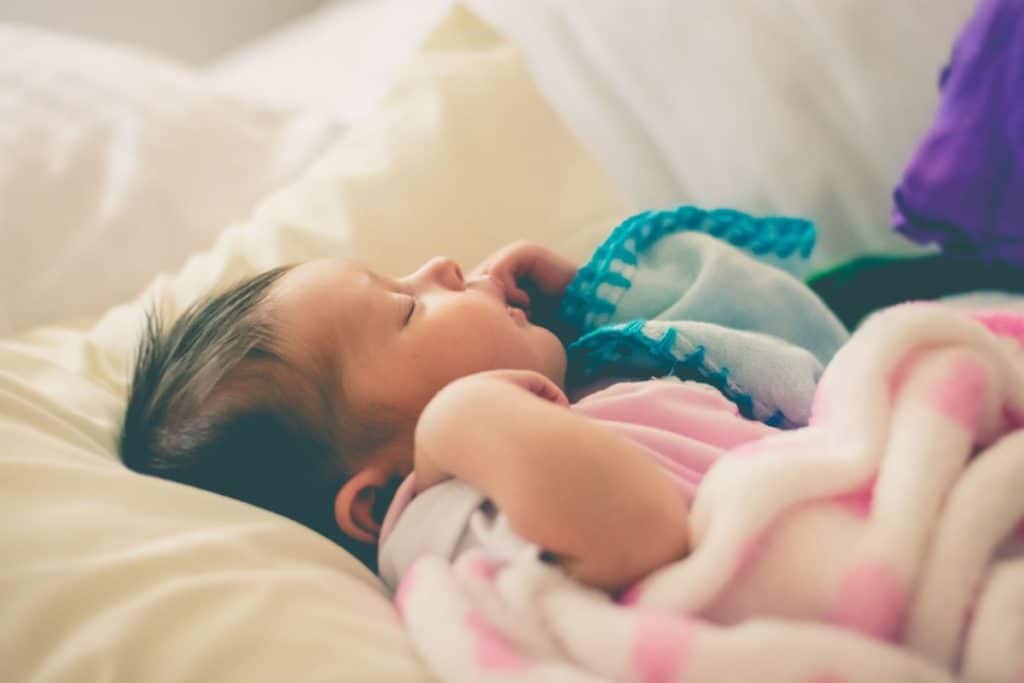
Table of Contents
The Science Behind Baby Laughter in Sleep
Before we delve into the possible spiritual meanings of baby laughter in sleep, it’s important to understand the scientific factors that can contribute to this phenomenon.
Here are a few common explanations:
Dreams
Just like adults, babies can have dreams that make them laugh or smile while they’re asleep.
These dreams may be the result of positive experiences or memories, or they may be completely imaginative.
Research has shown that babies as young as six months old can experience dream sleep, which is characterized by rapid eye movement (REM) and increased brain activity.
Reflux
Some babies may make happy noises while they’re sleeping due to acid reflux.
This is when stomach acid flows back up into the esophagus, and it can cause a variety of symptoms, including hiccups and laughter-like sounds.
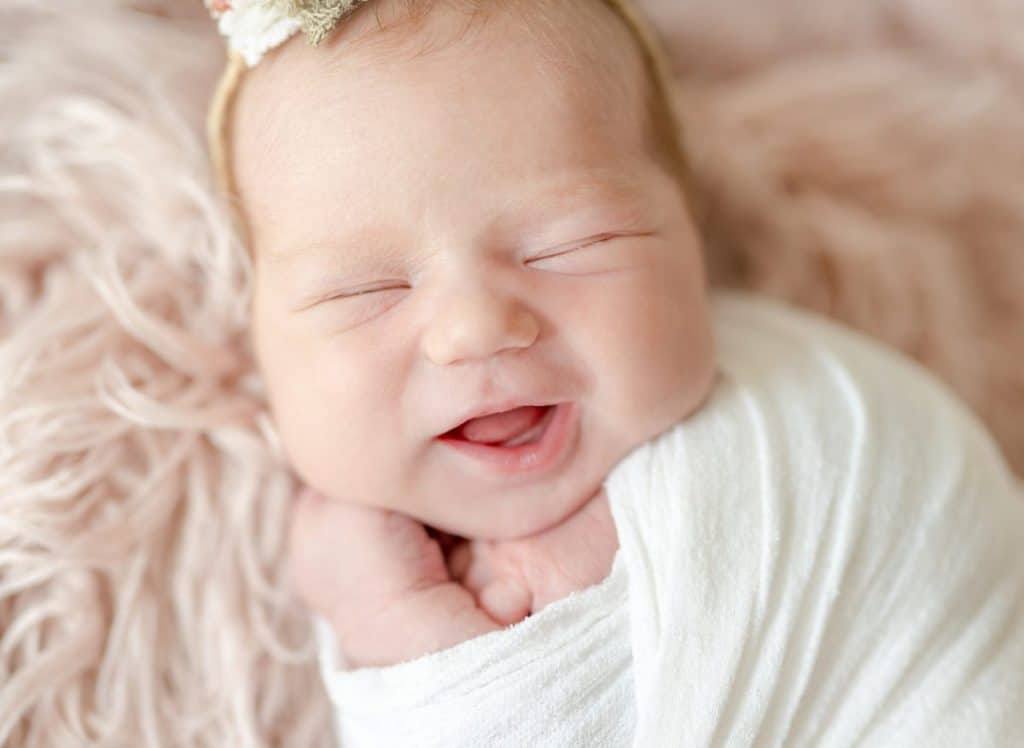
If your baby seems to be laughing or smiling in their sleep and has other symptoms of reflux, such as spitting up or arching their back, it’s a good idea to speak with your healthcare provider.
Sleep talking
Some babies may laugh or talk in their sleep as a result of sleep talking, which is a common sleep disorder that causes people to speak during sleep without being aware of it.
Sleep talking can range from simple mumbling to more complex phrases, and it can occur at any age.
The Spiritual Meaning of Baby Laughter in Sleep
While the scientific explanations for baby laughter in sleep are certainly interesting, many people believe it could have a deeper spiritual meaning.
Here are a few possible interpretations:
Angels
Some people believe babies are more connected to the spiritual world than adults and that their laughter in sleep could be a sign that they’re communicating with angels or other divine beings.

According to this belief, babies are able to tap into higher consciousness while they’re asleep, and their laughter is a way of expressing joy and positivity.
Joy and positivity
Others see baby laughter in sleep as a sign of pure joy and positivity and believe that it’s a way for babies to share that energy with the world.
In this interpretation, baby laughter in sleep is a way for babies to transmit their positive vibrations to those around them, helping to create a more harmonious and joyful environment.
Healing
Some people believe that baby laughter in sleep has a healing effect and that it can help to reduce stress and promote overall well-being.
According to this belief, the positive energy of baby laughter in sleep can help to balance and heal the energy of those who are present, making it a powerful tool for spiritual growth and healing.
Encouraging Baby Laughter in Sleep
If you’re interested in promoting baby laughter in sleep and fostering a positive and joyful environment, there are a few things you can try:
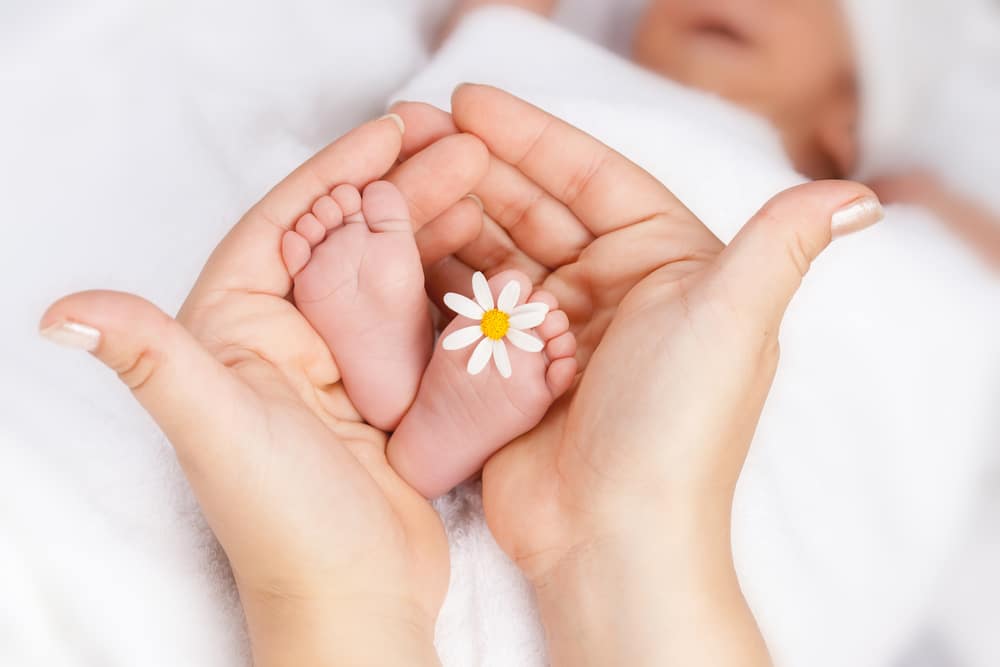
- Create a positive bedtime routine: A relaxing routine can help set the stage for peaceful sleep and happy dreams. This might include activities like reading a bedtime story, singing a lullaby, or giving your baby a warm bath.
- Encourage positivity: You can help to foster a positive and joyful atmosphere by engaging in activities that promote laughter and happiness. This might include playing games, telling jokes, or doing things that make your baby laugh.
- Consider white noise: Some babies find it comforting to sleep with white noise in the background, which can help to drown out any outside distractions and promote more restful sleep. You can use a white noise machine or app or play soothing music.
- Practice relaxation techniques: If you’re interested in exploring the spiritual side of baby laughter in sleep, you might want to try incorporating relaxation techniques into your bedtime routine. This could include things like deep breathing, meditation, or visualization. These techniques can help quiet the mind and create a sense of inner peace, which can benefit both you and your baby.
In most cases, baby laughter in sleep is perfectly normal and nothing to worry about. However, if your baby exhibits other symptoms, such as difficulty breathing, coughing, or fever, you should consult your healthcare provider.
Creating a positive and nurturing environment is key to encouraging baby laughter in sleep. You can try promoting positivity, establishing a calming bedtime routine, using white noise, and practicing relaxation techniques.
While no scientific evidence supports the spiritual interpretations of baby laughter in sleep, many people find comfort in these beliefs and view them as a way to connect with the spiritual realm.
Yes, acid reflux can cause baby laughter in sleep. If your baby seems to be laughing or smiling in their sleep and has other symptoms of reflux, such as spitting up or arching their back, it’s a good idea to speak with your healthcare provider.
Research has shown that babies as young as six months old can experience dream sleep, which is characterized by rapid eye movement (REM) and increased brain activity.
While baby laughter in sleep may not be contagious in the traditional sense, the positive energy and joy it brings can certainly have a contagious effect on those who are present.
The Power of Baby Laughter in Sleep
Whether you believe in the spiritual significance of baby laughter in sleep or see it as a cute and random occurrence, there’s no denying that it can be a truly joyful and uplifting experience.

By creating a positive and nurturing environment, you can encourage your baby to laugh and smile in their sleep, and you may even find that it has a positive impact on your own well-being as well.
So the next time you hear your baby laughing in their sleep, take a moment to savor the moment and appreciate the beauty and wonder of it all.

